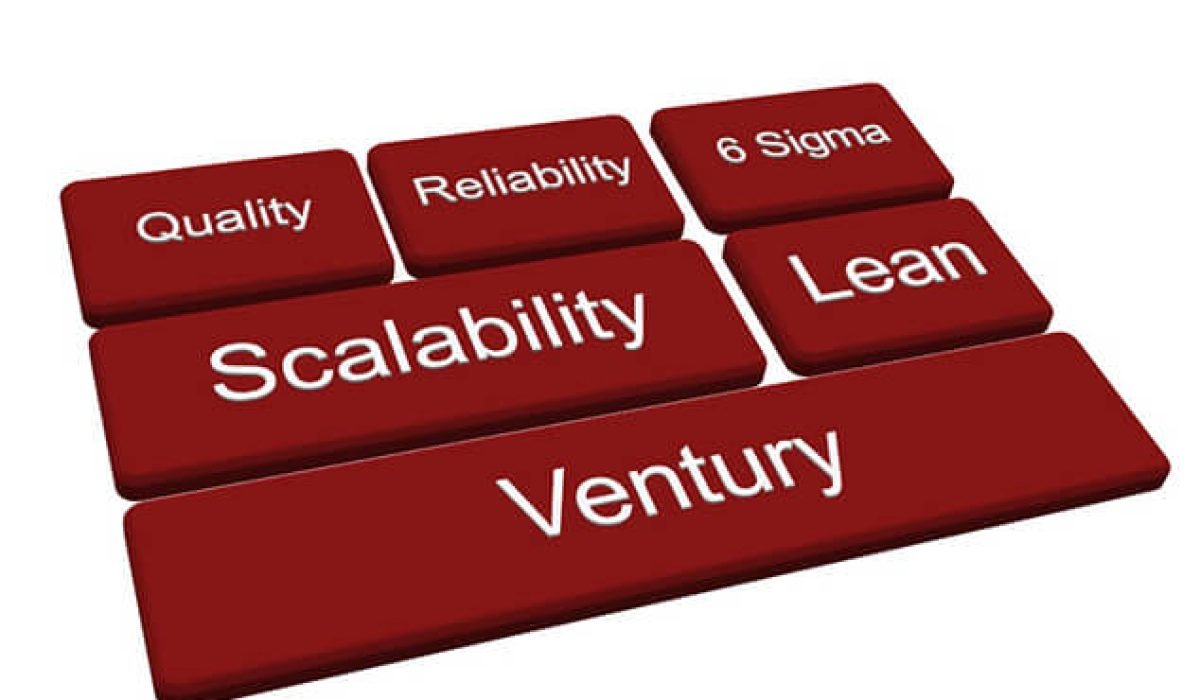Manufacturing companies are constantly seeking ways to streamline their operations, optimize efficiency, and stay ahead of the curve. Among the various strategies employed, contract manufacturing stands out as a crucial component for many enterprises across diverse industries. In this chapter, we delve into the significance of contract manufacturing, exploring its relevance in addressing key pain points and offering viable solutions for businesses to thrive in today’s dynamic market landscape.
Addressing Pain Points
Contract manufacturing plays a pivotal role in modern business landscapes due to several critical pain points faced by companies. Firstly, maintaining equipment demands substantial investments in both time and capital. Secondly, hiring skilled staff poses a challenge, as specialized talent may be scarce or expensive to retain. The high cost of materials further burdens companies, making it economically advantageous to outsource production. Additionally, in today’s agile competition, the flexibility offered by contract manufacturing allows businesses to adapt swiftly to market fluctuations and customer demands. Lastly, with resources often stretched thin, outsourcing production to contract manufacturers enables companies to focus on core competencies.
-
- Maintaining Equipment:
One of the perennial challenges faced by manufacturing firms is the upkeep of equipment. The costs associated with regular maintenance, repairs, and upgrades can significantly burden operational budgets, diverting resources away from core business activities.
-
- Hiring Skilled Staff:
Finding and retaining skilled personnel is a constant struggle for manufacturers. The demand for specialized expertise often outstrips the available talent pool, leading to recruitment challenges, training expenses, and productivity lags.
-
- High Cost of Materials:
Fluctuating material prices pose a constant headache for businesses. Whether due to market volatility or geopolitical factors, rising material costs can erode profit margins and hinder long-term planning and investment.
-
- Agile Competition:
In today’s fast-paced market environment, agility is paramount. Businesses must adapt swiftly to changing consumer preferences, market trends, and competitive pressures. Traditional manufacturing setups often struggle to match the nimbleness required to stay ahead in such a landscape.
-
- Stretched Resources:
Limited resources, whether financial, human, or infrastructural, pose significant constraints on manufacturing operations. Balancing competing priorities and allocating resources optimally can be a daunting task for decision-makers.
Solutions Offered by Contract Manufacturing
Contract manufacturing is vital for numerous industries due to its multifaceted advantages. Firstly, it significantly diminishes the cost of production, allowing companies to allocate resources more efficiently. With a guaranteed price and delivery schedule, businesses can plan and budget with greater precision. Contract manufacturing reduces both manufacturing time and costs, enabling companies to streamline their processes and focus on core competencies. By outsourcing production, organizations also benefit from decreased staff and maintenance costs, freeing up capital and resources for strategic investments and growth initiatives.
-
- Reduced Cost of Production:
Contract manufacturing provides companies with access to specialized facilities and equipment without the overhead costs associated with ownership. By leveraging economies of scale and outsourcing non-core functions, businesses can significantly reduce their production expenses.
-
- Guaranteed Price and Delivery Schedule:
Partnering with contract manufacturers often entails negotiated agreements with fixed prices and delivery schedules. This offers businesses greater predictability and control over their supply chain, mitigating the risks of cost overruns and production delays.
-
- Reduced Manufacturing Time and Cost:
Contract manufacturers are adept at optimizing production processes to minimize time-to-market and maximize efficiency. Through streamlined workflows, lean methodologies, and continuous improvement initiatives, they enable faster turnaround times and cost savings for their clients.
-
- Reduced Staff and Maintenance Costs:
By outsourcing manufacturing operations, companies can offload the burden of staffing and equipment maintenance onto their contract partners. This not only reduces overheads but also allows businesses to focus their internal resources on core competencies and strategic initiatives.
Conclusion
The importance of contract manufacturing cannot be overstated in today’s competitive business landscape. By addressing critical pain points such as equipment maintenance, skilled labour shortages, material costs, agility, and resource constraints, contract manufacturing offers a compelling solution for businesses seeking to optimize their operations and drive sustainable growth. Through partnerships with reliable contract manufacturers, companies can unlock cost efficiencies, enhance flexibility, and gain a competitive edge in the marketplace, positioning themselves for long-term success amidst evolving industry dynamics.

